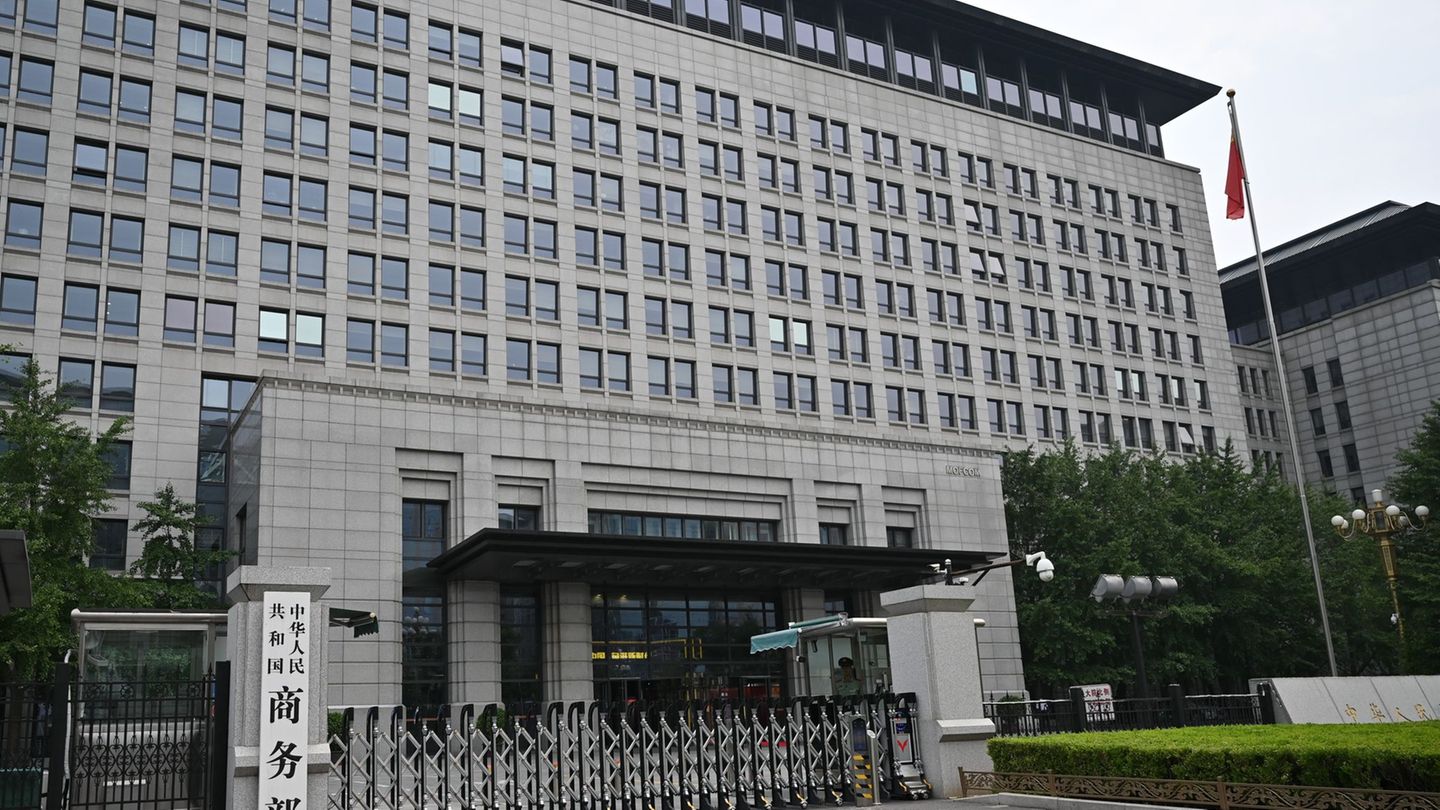The presidential spokesperson, Manuel Adornipublished a message this Thursday in which he stated that the Government is working to eliminate “any ideological and discriminatory policy that enables entry to public jobs.” He did not give details, but official sources confirmed to Scope that they point against gender quotas. What are they and how do they work?
In Argentina there are two quotas due to gender issues to access public positions and positions and elective positions: the Feminine and Labor Transvestite Trans, both with a brief history.
La Libertad Avanza targeted both quotas as part of its “cultural battle” against him feminism and what they call “gender ideology”. They maintain that this differentiation promotes inequality. “All its inhabitants are equal before the law,” Adorni said in his social media post.
The two quotas are different and have different reasons. One is immediate and refers to the legislative field. The other, although mandatory, is a goal to be achieved over time.
Embed – https://publish.twitter.com/oembed?url=https://twitter.com/madorni/status/1862194853205221889&partner=&hide_thread=false
Argentina does not admit prerogatives of blood, birth, or religion: all its inhabitants are equal before the law. For this reason, the National Government will provide the necessary measures to eliminate any ideological and discriminatory policy that enables entry to…
— Manuel Adorni (@madorni) November 28, 2024
female quota
The Women’s Quota is aimed at reserve for the women a percentage of the lists of candidates presented by different political parties. It was sanctioned for the first time in 1991, where it was set at 30%.
More than two decades later, in the heat of the latest feminist wave, The law on Gender Parity in Areas of Political Representation was passed in 2017. which increased the percentage to 50 and 50 and interspersed. If the first candidate is a man, the second a woman and so on until the list is complete. The same criteria if it starts with a woman.
Gender Parity was voted for by a large majority and was supported across all political forces.including the PRO, with Silvia Lospenatto at the helm. This law was the immediate predecessor to the Abortion Rights law that was discussed in 2018 (and was rejected) and in 2020, when it was approved.
legal abortion Feminism Congress .jpg
In 2017, the Gender Parity Law in Areas of Political Representation was passed, which increased the percentage to 50 and 50 and interspersed.
Transvestite Trans Job Quota
In 2021the national Congress sanctioned the Law for the Promotion of Access to Formal Employment for Transvestites, Transsexuals and Transgender People “Diana Sacayán-Lohana Berkins”. Named in honor of two militants who promoted the inclusion of this group, whose life expectancy does not reach 40 years.
Among the measures of the law, is the establishment of a minimum quota of 1% of the positions and positions of the National State for the transvestite, transsexual and transgender population. It is not only limited to the Executive Branch, but also to the Legislative and Judicial Branches, as well as to decentralized or autonomous organizations, non-state public entities, State companies and companies.
Why a quota for this group? Because, according to its promoters, it is a historically discriminated population for which it is very difficult to get registered jobs and, much more, qualified or professional jobs. The work with which they are usually associated is that of prostitution, which they carry out in very poor and risky conditions.
That’s why, The law establishes a series of positive actions to promote access to employment for this group, not only in the public sphere, but also in the private sphere.to which incentives are offered for this. For example, Banco Nación must promote lines of credit with a preferential rate for ventures that contemplate the hiring of transvestites, transsexuals and transgender people.
How the Transvestite Trans Job Quota works
The “Diana Sacayán-Lohana Berkins” law does not force the State to compulsively and immediately have 1% of its positions occupied by this group, but rather It is a goal to achieve in the future.
What it does establish is the obligation of the national State to reserve vacancies in new positions that are generated to be occupied by transvestites, transsexuals or transgender people with the aim of reaching that percentage. A different criterion than the applications to occupy seats in the National Congress, which must be distributed 50% and 50% between men and women.
To promote compliance with this law, the State created the Voluntary Registration Registry of Transvestites, Transsexuals and/or Transgender People, which can be accessed by any person from this group by filling out a form and attaching an ID.
Source: Ambito
David William is a talented author who has made a name for himself in the world of writing. He is a professional author who writes on a wide range of topics, from general interest to opinion news. David is currently working as a writer at 24 hours worlds where he brings his unique perspective and in-depth research to his articles, making them both informative and engaging.




